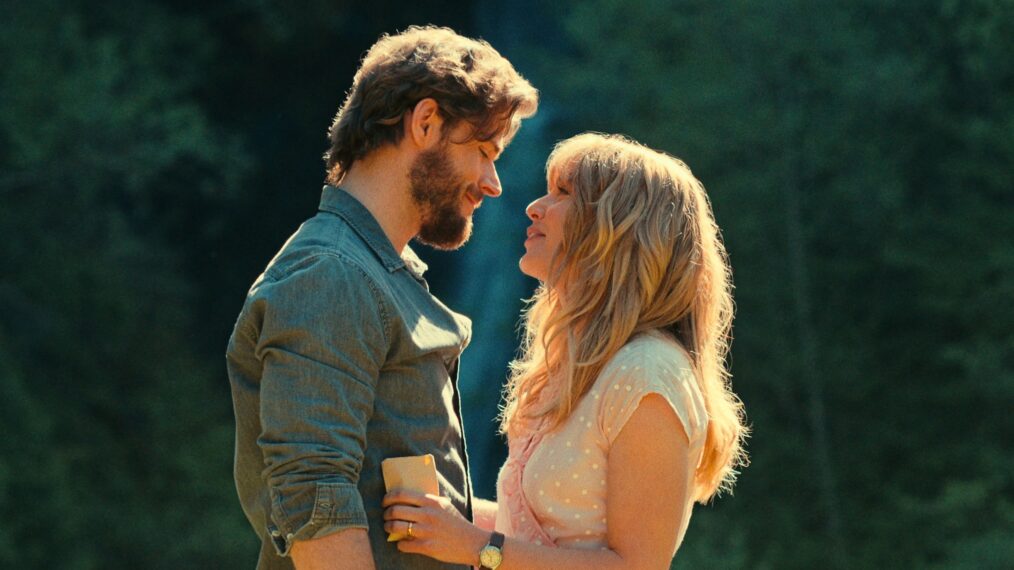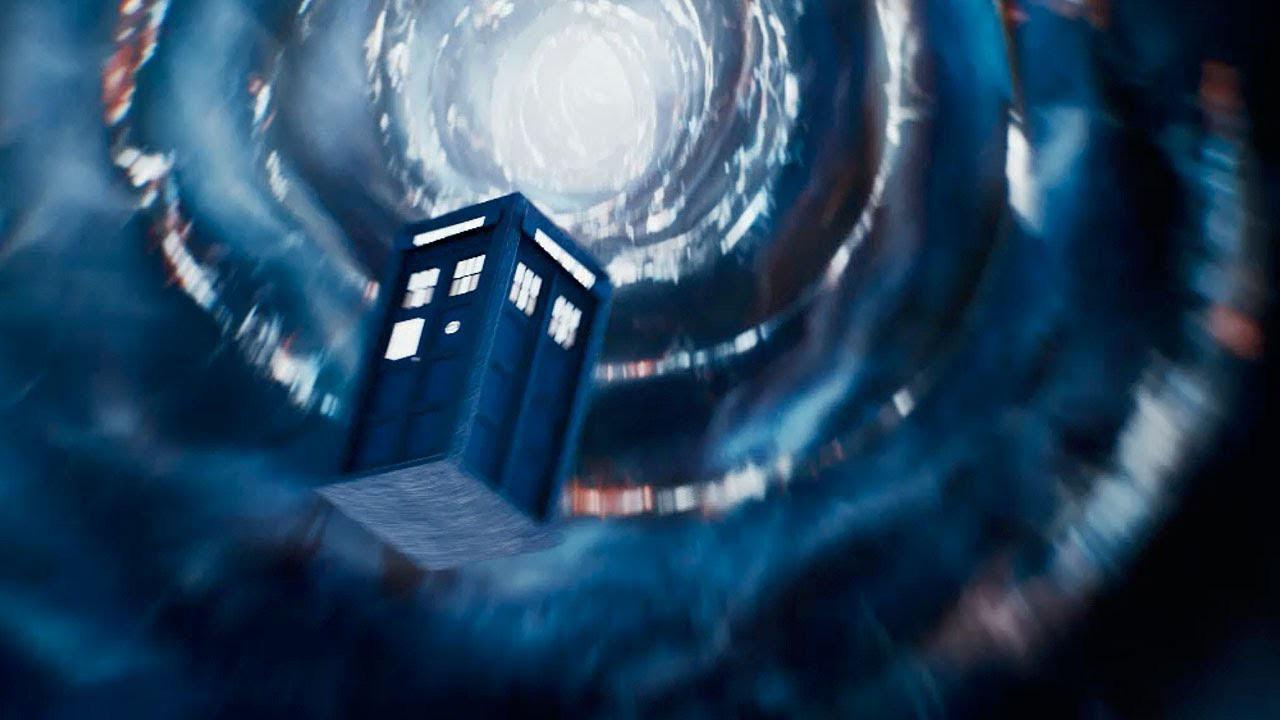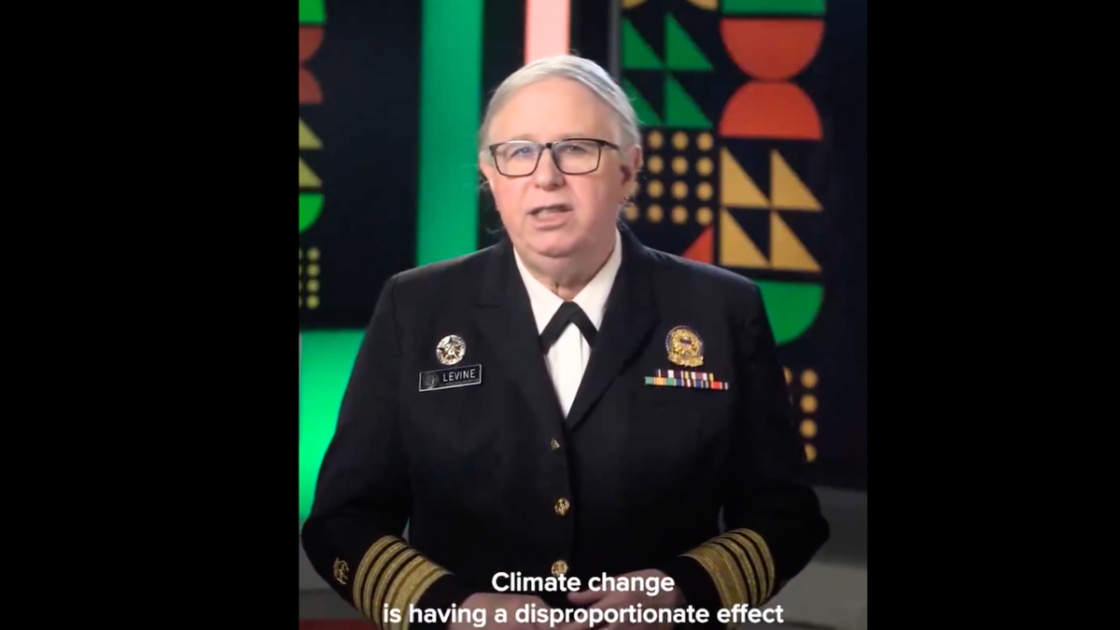
Listening to Elon Musk can be depressing at times. In his mind, human civilization is a tiny flickering candle surrounded by a vast expanse of darkness that hasn’t even built a colony on Mars yet. He constantly ruminates about plummeting birthrates—he’s even warned that the odds of World War III erupting between East and West are increasing. Now we might know why.
In a discussion with Michael Milken on Monday, the SpaceX founder and Tesla chief executive spoke extensively about humanity’s unique existence in a universe 13.8 billion years old that otherwise lacks any evidence of life on other worlds.
When asked what kept him up at night, Musk feared all would be lost should a cataclysm occur before mankind could spread to the neighboring star systems.
“I listen to podcasts about the fall of civilizations to go to sleep, that might be part of the problem here,” reflected the self-described history buff, right after urging everyone in the audience to go forth and procreate at least three times.
‘At some point we want to make science fiction not fiction forever’
When you’re one of the world’s three wealthiest men, someone who has completely redefined the auto industry, built the largest commercial space business from scratch, and now owns one of the world’s most influential social media companies, few will fault you for thinking about humanity’s future.
Indeed, Milken’s interview strategy wasn’t to ask whether it was legitimate to lay off potentially tens of thousands of Tesla staff to save costs only to ask shareholders then to restore his voided $55 billion pay package—more than the company ever generated for them in profits.
Rather, the former white-collar criminal turned philanthropist pardoned by Trump just let Elon talk about Elon so everyone present could bear witness.
With the entrepreneur in his element, the talk revolved around all his favorite topics, like the importance of meritocracy and how stifling and repressive California’s government bureaucracy had become (the free speech advocate recently posted how “honored” he was to meet China’s second-highest ranking official on a platform banned in the country).
However, beneath that, Musk said he was concerned that people didn’t have enough of a reason to get up in the morning.
While for many that might be religion, his is dying on Mars one day—and not on impact, as he jokes.
“Becoming a space-faring civilization is one of those things,” he said. “At some point we want to make science fiction not fiction forever.”
‘Simply waiting around to die’
Numerous times, Musk referenced the Fermi Paradox, named after the Italian physicist who famously asked if life exists elsewhere in the universe, where are they?
“SpaceX with the Starlink constellation has roughly 6,000 satellites and not once have we had to maneuver around a UFO,” he said. “Never.”
This thought of the tiny speck of Earth harboring all known life circling in an inky void seems to spur his singular obsession with falling birthrates. Only recently, he warned, “America is trending towards extinction,” after the U.S. fertility rate dropped to its lowest level since records began in the 1930s.
He talked about it so much at one point that one of the audience members volunteered to be the next bearer of his offspring (he already is doing his part, as he often says, having fathered nearly a dozen kids with multiple mothers).
Musk took the opportunity to encourage everyone listening to have at least three children, given that humanity rests precariously on thin ice in the broader scheme of the universe. Too often, cultures have died off, leaving no legacy behind because there are no records.
“If you don’t become a multi-planet civilization, then you are simply waiting around until you die from a self-inflicted wound or some natural disaster,” he continued. There are many long-dead civilizations. At some point, our civilization will come to an end, too.”
























































![‘Survivor 47’ Finale Recap Part 2, [Spoiler] Wins ‘Survivor 47’ Finale Recap Part 2, [Spoiler] Wins](https://tvline.com/wp-content/uploads/2024/12/survivor-finale-part-2-cbs.jpg?w=650)